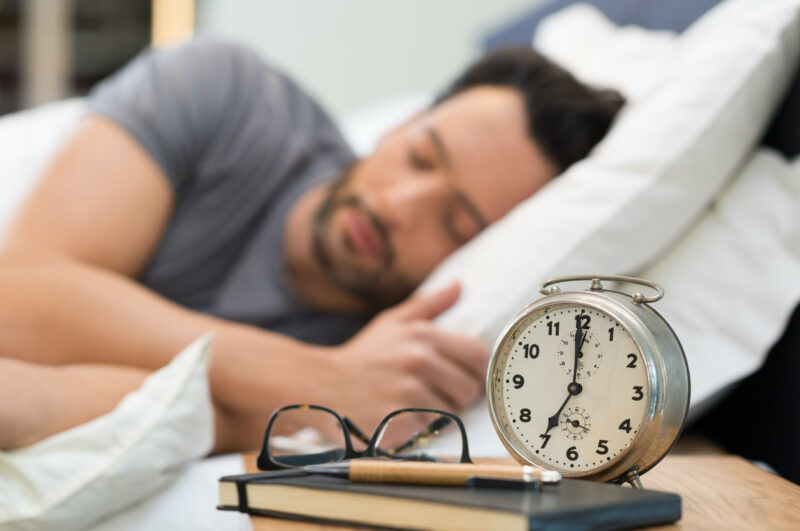Did you know the worldwide prevalence of insomnia may be as high as 60 percent? While older generations may blame it on the rise of technology and younger ones may blame hectic work schedules, insomnia is real, and it’s a problem. What is insomnia caused by, and can it be overcome?
Keep reading to learn more about this sleep disorder and read our insomnia tips for how to get better quality rest tonight.
What is Insomnia?
Insomnia is a sleep disorder that causes difficulty falling asleep, staying asleep, or a combination of the two. This can be a problem on its own or a result of other health issues such as depression, pain, heartburn, cancer, and so on. It can be related to stress or chronic and unaffected by environmental changes.
The complications and symptoms of this sleep disorder include:
- Excessive daytime fatigue
- An increased risk of automobile accidents
- Excessive stress,
- Erratic sleep schedule
- Anxiety
- Depression
- Neurological problems
Sleep deprivation can also lower immune function and leave one more prone to infections or illness.
What Causes Insomnia?
Insomnia can be a result of a number of different factors, including lifestyle or behaviors, genetics, environment, medication side effects, and other health issues.
One of the most common external causes of insomnia is work or other responsibilities that may require you to stay awake late at night. Interruptions or shifts in your circadian rhythm, or biological clock, can be challenging to recover from, and the habits they form may fuel cycles of poor quality sleep. Excess ingestion of caffeine, stimulants or other chemicals can make falling asleep at night difficult.
Improve Your Sleep Hygiene
Figuring out how to sleep through the night may seem fruitless if you don’t know what keeps you awake. If your insomnia relates to poor sleep hygiene, trying sleep aids or adjusting your sleep schedule may not help. Poor sleep hygiene means you engage in habits that inhibit quality rest, like using your smartphone in bed, drinking alcohol late at night, or napping often.
Try a Natural Solution
There are plenty of natural treatments that can have a positive impact on your sleep habits. Here are a few examples.
Chamomile
Chamomile is a traditional herb that has been used to settle upset stomachs, help anxiety, and induce fatigue for hundreds of years. It is most commonly ingested in the form of tea. Chamomile is often mixed with a blend of other herbs like valerian root and tilia estrella that potentially have sleep-promoting qualities.
Magnesium
Magnesium is an essential mineral that human bodies need to function. It is vital for cognitive function, heart health, and energy production. Additionally, magnesium could induce relaxing effects that make falling asleep easier.
CBD
The ever-popular CBD is a non-psychoactive chemical found in marijuana plants that may have positive effects on anxiety, pain, and trouble sleeping. If you need help figuring how to sleep through the night, try full-spectrum CBD by anandahemp.com.
Take Care of Your Health
Insomnia can be a sign or side effect of other issues. For example, chronic stress, depression, or other mental health conditions can impact your ability to find restful sleep. Trying stress-reducing activities like exercise, yoga, or even seeing a therapist may help you get the rest you deserve.
Follow These Insomnia Tips for a Good Night’s Rest
Instead of dealing with sleepless nights by scrolling on your phone or fighting fatigue with caffeine, use these insomnia tips to get control. Sleeping better often starts with better sleep hygiene, but chronic unrest may need more care.
Try natural supplements and take care of your health holistically. If you like this article on how to stop insomnia, check out the rest of our blog for more useful advice!









